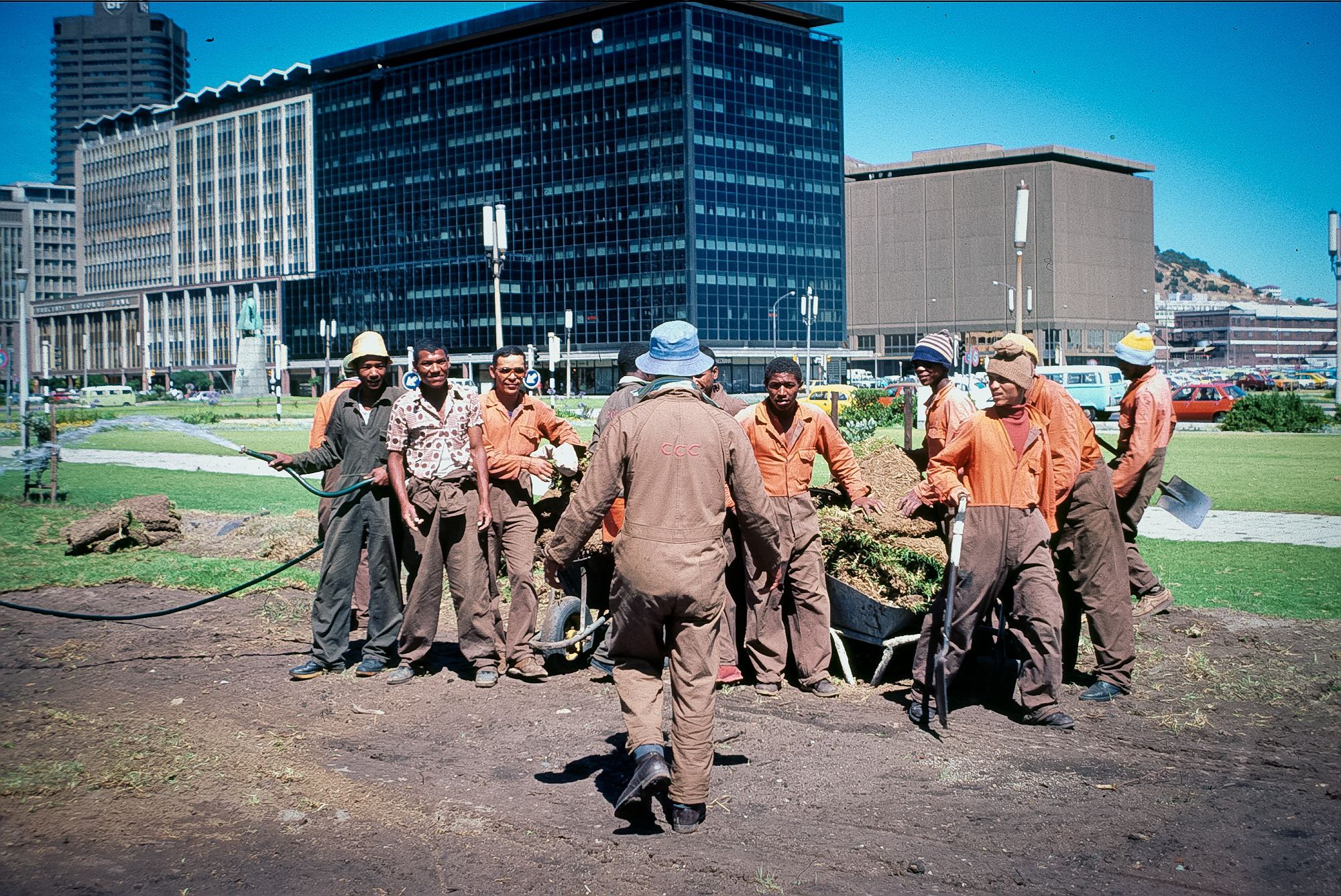When 28-year-old Eza Limelintaka, a garage cashier from Maitland in Cape Town, bought herself a car, it should’ve been a proud moment for her and those around her. She had done everything by the book: saved up and secured a loan to buy a car.
But instead of celebrating, her employer questioned how someone who, in his words, is “just a cashier” could afford a car and then demanded to see her bank statements, something many people have expressed as highly inappropriate, as it is an invasion of privacy.
This story got me thinking about how low-income workers in South Africa experience unfair treatment in the workplace every day. Their employers tend to get away with ignoring labour rights and act like they’re above the law.
Eza’s story shows how some bosses still believe that if you earn a low salary, you don’t deserve to have big dreams or become a better version of yourself.
Many low-paid workers, especially in domestic work and construction, are being unfairly treated.
One example that sparked outrage on X last year was the George building collapse, where 34 people lost their lives. Social media posts revealed that some workers, including non-contracted bricklayers and sand mixers, were allegedly paid just R10 per hour or R80 for an entire day’s work. That’s way below the national minimum wage, which currently sits at around R4,000 a month or R28.79 per hour.
#GeorgeBuildingCollapse Update:
— The Legal SA (@TheLegalSA) May 8, 2024
Non-contracted bricklayers and sand mixers were hired on the spot everyday at the site and paid in cash on a weekly basis at a rate of just over R80 per day or just over R10 per hour far lower than the R3 500 minimum wage threshold.#TheLegalSA pic.twitter.com/kXSBvdrC9j
The problem of unfair pay is also common in domestic work. On social media, people have shared stories of employers attempting to pay domestic workers significantly less than the law allows.

Such practices are not only exploitative but illegal, yet employers often face little to no consequences for these.
The real problem is how we see low-paying jobs. In South Africa, jobs such as cashiers, cleaners, and petrol attendants are often undervalued, as if they don’t matter as much as other jobs. Because of South Africa’s unemployment crisis, whenever people are offered these jobs, employers often see it as “doing them a favour.”
If you work in one of these roles, the chances are that you often get treated badly, and that can dent your confidence.
People like Eza are made to feel like they’re not good enough just because of the type of job they have. Society tells them their worth depends on their paycheck, not on who they are or what they hope to achieve.
When you continue to be treated that way, it begins to affect how you perceive yourself. You begin to doubt your abilities, and it becomes harder to speak up or even believe that you deserve more in life.
Eza’s story, and countless others that are not in the spotlight, expose a harsh reality of how low-wage workers in South Africa are being denied the respect and dignity they deserve.
Society’s perception of their roles, along with weak enforcement of labour laws, creates an environment where employers can exploit and abuse workers with little or no fear of facing consequences. This not only violates their legal right but also undermines the dignity and potential of workers striving for a better life.
These workers should take courage from Eza’s story and realise that there is power in speaking out. While her employer has denied everything, Eza speaking out has exposed the treatment of workers in Mzansi. I hope this marks the beginning of honest and hard conversations about how we treat those who provide services to us. People are more than their salaries. We all need to do better.
Lona is a recent graduate with an Honours degree in Journalism and Media Studies from Wits University. Passionate about storytelling, she is eager to learn, grow, and hone her writing skills.




